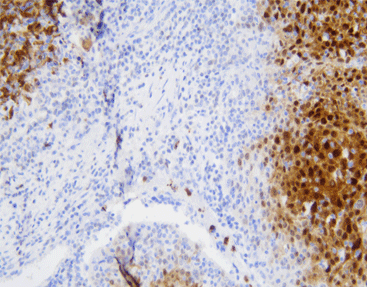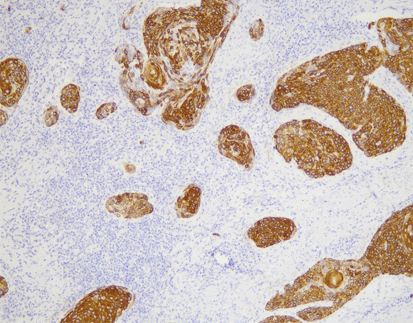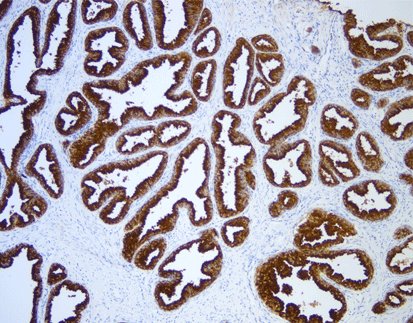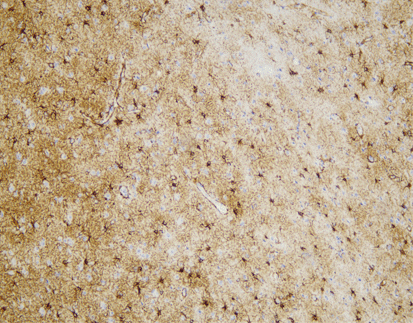 PRODUCT CATEGORY
PRODUCT CATEGORY
CONTACT US
Phone
Email
Address
6 Cuizhu St, Zhong Yuan Qu, Zheng Zhou Shi, He Nan Sheng, China, 450001
S100P(C5B10),MMab
S100p is a member of S100 family. This protein is widely distributed in normal tissues including heart, brain, liver, lung, bone marrow, peripheral blood leukocytes, etc., and expressed in cytoplasm and nucleus. Abnormal expression in tumors will play an important role in tumor growth, proliferation and nuclear metastasis through various signaling pathways.
Clinical Application
[Intended Use]
It is mainly used as a specific marker for the differential diagnosis of bladder cancer.In bile duct biopsy specimens, S100p can help us distinguish cancer from reactive epithelial changes.
[Specifications]
| Product Name | S100P(C5B10),MMab |
| Catalog No. | CSM-0121 |
| Intended Use | IVD, RUO |
| Species Reactivity | Human; others not tested |
| Cellular Localization | Cytoplasm / Nucleus |
| Antibody Type | Mouse Monoclonal |
| Clone | C5B10 |
| Format and Volume | Ready-to-use: 1mL, 3mL, 6mL Concentrated: 0.1mL, 0.2mL and 1mL |
[Datasheets & SDS]
| IVD Datasheet (IFU) | ↕️ Download |
| RUO Datasheet (IFU) | ↕️ Download |
| SDS sheet | check with sales |
[Storage and Validity]
Store at 2~8°C. Avoid freezing.
Maintain temperature below room temperature during transport, ensuring it does not exceed one week.







